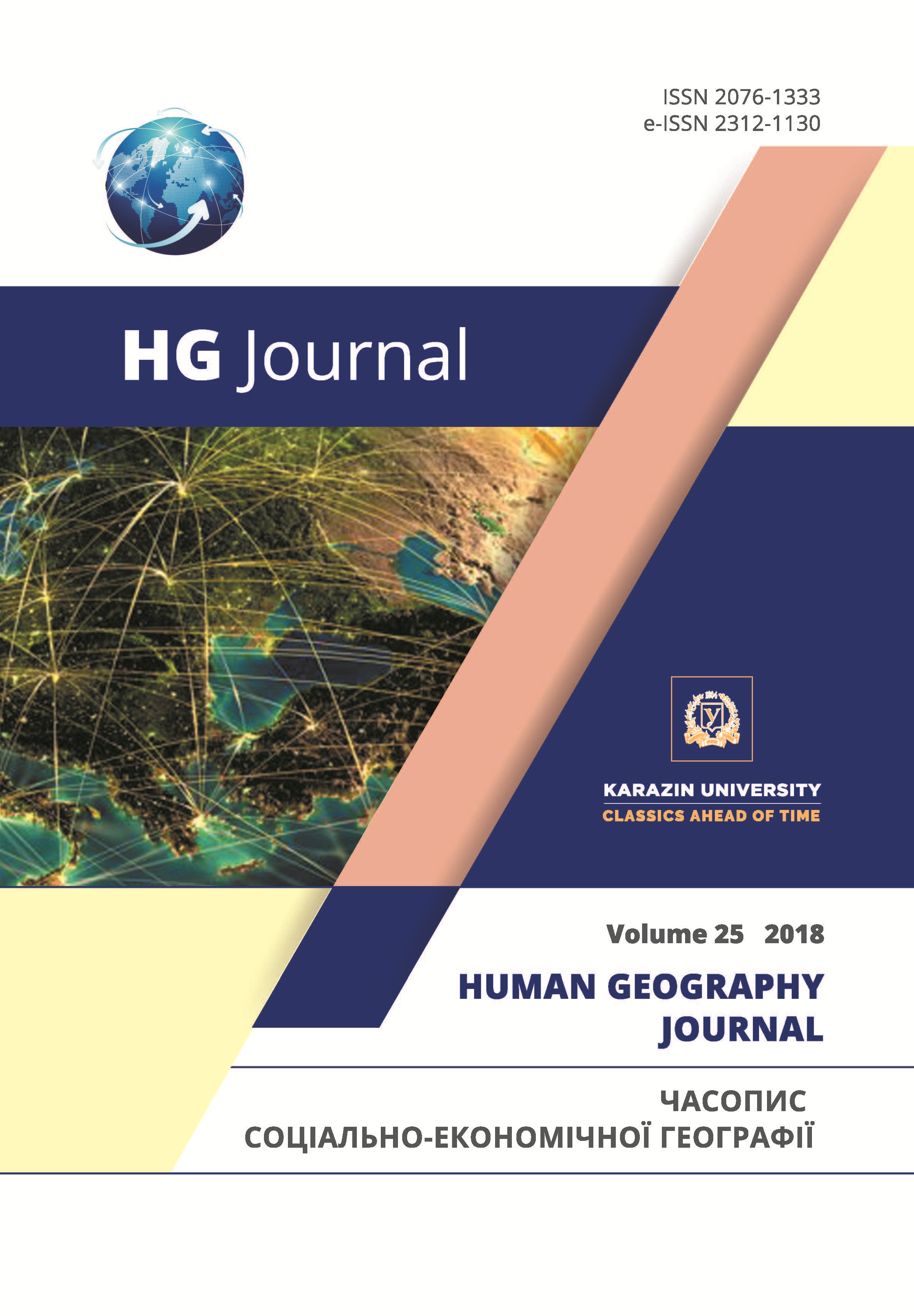Impact knowledge management on innovation. Field study on tourist agencies in Irbid city, Jordan
Abstract
This article is dealt with investigate the impact knowledge management process, knowledge creation, knowledge sharing, knowledge application and knowledge storage, an innovation. Accordingly, a questionnaire-based survey was designed to test the aforementioned model based on dataset of 122 employees’ from the agency traveling in Jordan. Following the analytical descriptive methodanalyzed the relationship between the independent variable (knowledge management process) аnd the dependent variable (innovation), aims to know the effect of the independent variable on the dependent variable. In order, to achieve the objective of the study, a 24-question questionnaire was developed to collect primary information from the study community, and then analyzed using SPSS V 22, multiple regression were conducted to test the article`s hypotheses.
The results indicated that knowledge process (knowledge creation, knowledge sharing, and knowledge storage) positively and significantly affect innovation. However, knowledge application insignificantly effect in innovation, and these results are in agree with the results of the previous literature. The results have enormous implication for the agency traveling in Jordan. The study provided a group of recommendations to speed up adopting the knowledge management in agency traveling in Jordan, the results of this study suggest that firms can be better off, in terms of innovation performance, if they are based on the incentive / compensation system for knowledge activities. When traditional economic figures are replaced by indicators such as knowledge creation, participation and utilization, staff will most likely work with these activities and thereby improve the performance of the company's full innovation.
Downloads
References
Teixeira, E.K., Oliveira, M., Curado, C.M. (2018). Knowledge management process arrangements and their impact on innovation. Business Information Review, 35(1), 29-38.
Bolisani, E., Bratianu, C. (2017). Knowledge strategy planning: an integrated approach to manage uncertainty, turbulence, and dynamics. Journal of Knowledge Management, 21(2), 233-253.
Dayan, R., Heisig, P, Matos, F. (2017). Knowledge management as a factor for the formulation and implementation of organization strategy. Journal of Knowledge Management, 21(2), 308-329.
Chawinga, W.D., Chipeta, G.T. (2017). A synergy of knowledge management and competitive intelligence: a key for competitive advantage in small and medium business enterprises. Business Information Review, 34(1), 25-36.
Bader Yousef Obeidat, Mai Maher Al-Suradi, Ra’ed Masa’deh, Ali Tarhini (2016). The impact of knowledge management on innovation: An empirical study on Jordanian consultancy firms. Management Research Review, 39(10), 1214-1238.
Sivalogathasan, V., Wu, X. (2015). Impact of Organization Motivation on Intellectual Capital and Innovation Capability of the Textile and Apparel Industry in Sri Lanka. International Journal of Innovation Science, 7(2), 153-168.
Kamukama, N., Ahiauzu, A., Ntayi, J.M. (2010). Intellectual capital and performance: testing interaction effects. Journal of Intellectual Capital, 11(4), 554-574.
Obeidat, B.Y., Al-Suradi, M., Masa’deh, R., Tarhini, A. (2016). The impact of knowledge management on innovation: An empirical study on Jordanian consultancy firms. Management Research Review, 39(10), 1214-1238.
Abualoush, S.H., Obeidat, A., Tarhini, A., Masa’deh, R., Al-Badi, A. (2018). The role of employees’ empowerment as an intermediary variable between knowledge management and information systems on employees’ performance. VINE Journal of Information and Knowledge Management Systems, 48(2), 217-237.
Masa’deh, R. (2016). The role of knowledge management infrastructure in enhancing job satisfaction at Aqaba five star hotels in Jordan. Communications and Network, 8(4), 219-240.
Nonaka, I., Toyama, R., Konno, N. (2000). SECI, ba and leadership: a unified model of dynamic knowledge creation. Long Range Planning, 33(1), 5-34(24).
Fombad, M. (2018). Knowledge management for poverty eradication: a South African perspective. Journal of Information, Communication and Ethics in Society, 16(2), 193-213.
Lin, C.-P. (2007). To share or not to share: modeling tacit knowledge sharing, its mediators and antecedents. Journal of Business Ethics, 70(4), 411-428.
Nonaka, I, Byosiere, P, Borucki, C.C, et al. (1994). Organizational knowledge creation theory: a first comprehensive test. International Business Review, 3(4), 337-351.
Jimenez-Jimenez, D., Martinez-Costa, M., Sanz-Valle, R. (2014). Innovation, organizational learning orientation and reverse knowledge transfer in multinational companies. The Electronic Journal of Knowledge Management, 12(1), 47-55.
Chen, C.-J., Huang, J.-W., Hsiao, Y.-C. (2010). Knowledge management and innovativeness: the role of organizational climate and structure. International Journal of Manpower, 31(8), 848-870.
Lee, V., Leong, L., Hew, T., Ooi, K. (2013). Knowledge management: a key determinant in advancing technological innovation? Journal of Knowledge Management, 17(6), 848-872(35).
Chen, C.-J., Huang, J.-W., Hsiao, Y.-C. (2010). Knowledge management and innovativeness: the role of organizational climate and structure. International Journal of Manpower, 31(8), 848-870.
Wang, D., Chen, S. (2013). Does intellectual capital matter? High-performance work systems and bilateral innovative capabilities. International Journal of Manpower, 34(8), 861-879.
Castro, G.M., Delgado-Verde, M., Amores-Salvadó, J., Navas-López, J.E. (2013). Linking human, technological, and relational assets to technological innovation: exploring a new approach. Knowledge Management Research & Practice, 11(2), 123-132.
Menor, L.J., Kristal, M.M., Rosenzweig, E.D. (2007). Examining the influence of operational intellectual capital on capabilities and performance. Manufacturing and Service Operations Management, 9(4), 559-578.
Travica, B. (2013). Conceptualizing knowledge culture. Online Journal of Applied Knowledge Management, 1(2), 85-104.
Monavvarian, A., Khamda, Z. (2010). Towards successful knowledge management: people development approach. Business Strategy Series, 11(1), 20-42(29).
Citations
Knowledge Management and Innovation in Agricultural Organizations:
Flores Lopez Jose Guadalupe, Ochoa Jiménez Sergio & Jacobo Hernandez Carlos Armando (2021) Cuadernos de Desarrollo Rural
Crossref
Copyright (c) 2018 Omoush M.M.

This work is licensed under a Creative Commons Attribution 4.0 International License.




